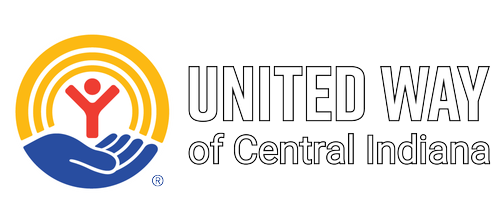In a much-publicized announcement, Major League Baseball (MLB) has suspended Colorado Rockies shortstop, Jose Reyes, for 52 games without pay for domestic violence. The incident occurred in Maui, Hawaii last fall against his wife, Katherine. She has since dropped charges, but reports indicate that MLB has instructed Reyes to return salary he has already received this season. He is being required to donate $100,000 to a domestic violence charity and is expected to lose approximately $7.06 million in salary.
Domestic violence is not limited to a specific group of people; all races, nationalities, ages and socioeconomic levels are included in the pool of domestic violence perpetrators and victims. There is no “typical” victim. And often, people around the victim are not even aware someone is being victimized.
And, not only does domestic violence affect the family, it affects the employers, too.
Take the case of Reyes. Although we might consider his employer just a national pastime, you can rest assured that the Colorado Rockies is run as a business. And that means that Reyes’s suspension has an immediate impact on the team. They may not be paying his salary, but they hired him to do a job and now he cannot do that job. The fact is that now someone else has to do the job and that person has to be paid. Perhaps not as much, but there is still a cost – and a loss if the replacement doesn’t perform to the same level that Reyes would have performed.
His absence may cost the team more than the savings of his salary in the long run. The performance of the team as a whole may be weakened, which could have implications in the securing of sponsorship. That may cause the value of the team to decline.
Other businesses may look at this as an extreme case. In reality, any time there are incidents of domestic abuse and violence against a worker, the workplace is impacted:
- Subpar performance is a common consequence
- Increased absenteeism often occurs
- The potential of violence in the actual workplace also goes up
MLB has taken a stand against domestic violence. A strong stand in that they have shown they will enforce consequences even if players are not convicted in legal proceedings.
Businesses can take part in the call to end domestic violence in several ways:
- Educate employees through workshops, seminars and presentations (Contact Sheltering Wings if you would like to bring the message to your workplace)
- Provide a safe environment for victims to find and seek out help
- Encourage employees to participate in events and fundraisers (like Dine Out Against Domestic Violence or participating in a golf outing) for organizations on the front lines protecting victims
- Financially support domestic violence organizations or shelters like Sheltering Wings by becoming a partner
Creating awareness, providing a safe haven, and delivering proactive education are three of the ways Sheltering Wings works in the community to battle domestic violence. Business leaders can support the health and well-being of the community where their workers live by joining forces with Sheltering Wings. Because the health and welfare of your employees has a dramatic influence on the health and welfare of your business.






